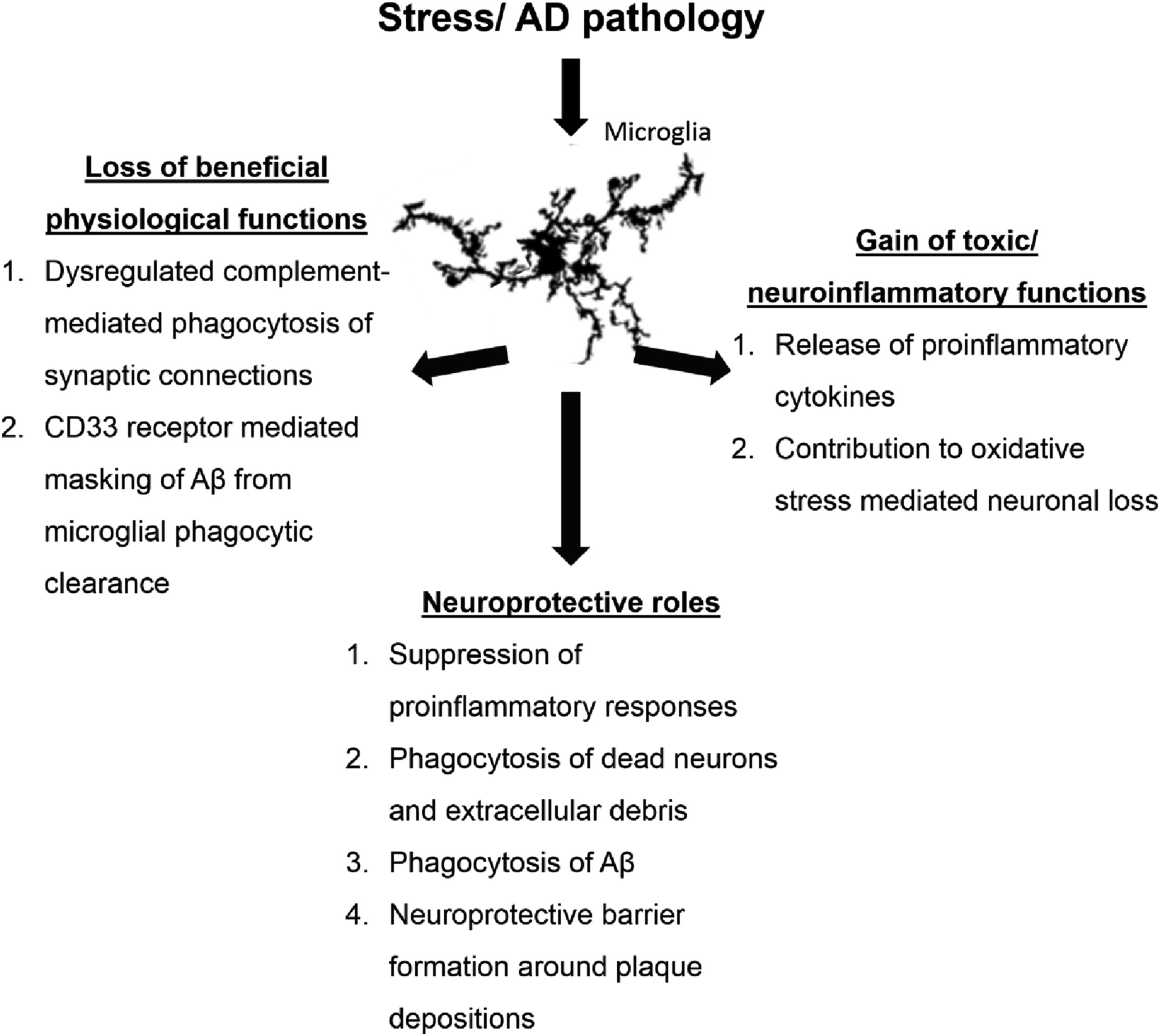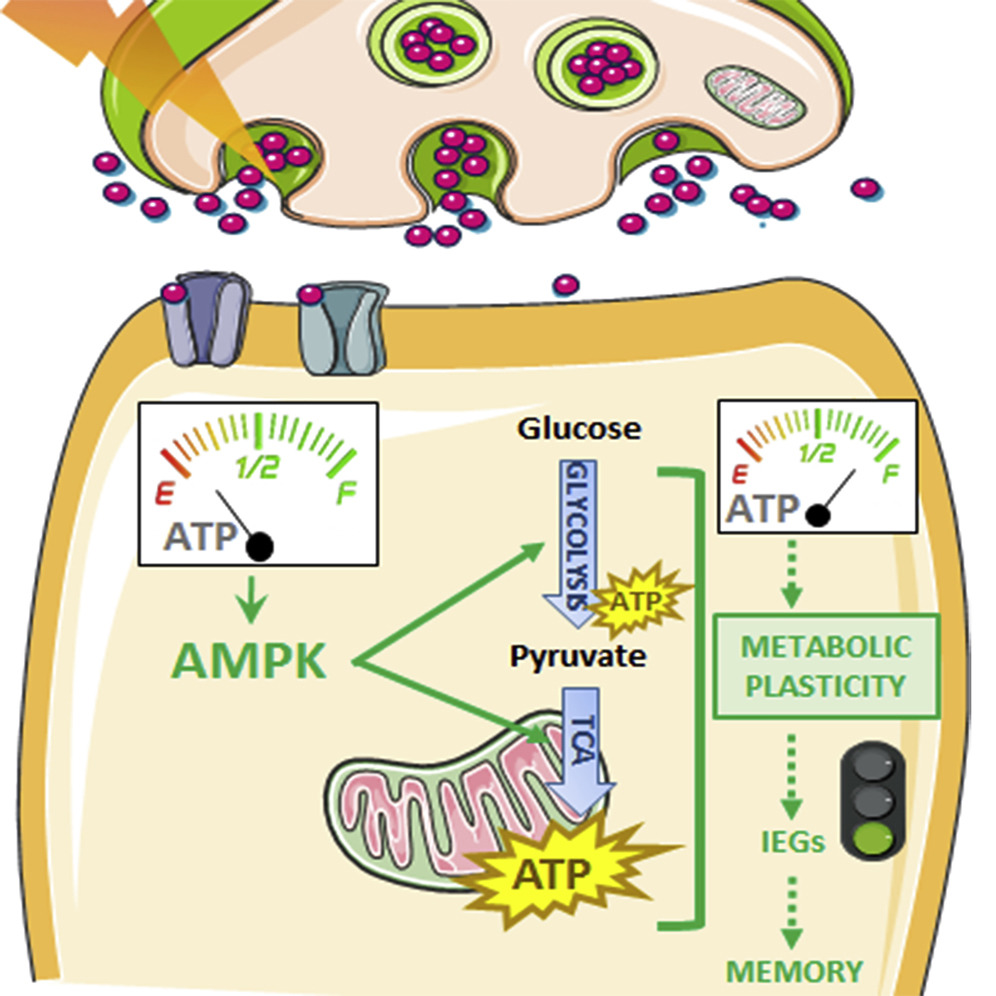Elsevier, Marine Pollution Bulletin, Volume 136, November 2018
Increasing accessibility of coral reefs from the latter third of the 20th century led quickly to recognition of the vulnerability of coral reef communities to a combination of direct and indirect human impacts. Coral reefs are confronted by the stark threats of climate and ocean changes from the increasing number, intensity and forms of human use impacting global and marine systems. Management, particularly of accessible coral reefs, occurs in the context of multiple scale transboundary water column linkages of lifecycle processes and increasing human use of coastal and marine space.
Elsevier, TrAC - Trends in Analytical Chemistry, Volume 108, November 2018
Microplastics pollution in aquatic ecosystems has aroused increasing global concern, leading to an explosive growth of studies regarding microplastics published in the past few years. To date, there is still a lack of standardized methodologies used for the detection of microplastics within environmental samples, thus hampering comparison of the reported data.
Elsevier, Pedobiologia, Volume 71, November 2018
Ectomycorrhizal (ECM) fungi are crucial in the functioning of most forest ecosystems. Increased understanding of ECM symbiosis has led to numerous advancements in environment protection and forestry. The ECM fungi are a diverse group, both phylogenetically and functionally. Research covering their community structure on distinct sites shows that the presence of certain taxa depends on particular stand traits, such as tree species and age structure.
Elsevier, Neurobiology of Stress, Volume 9, November 2018
Microglia are the predominant immune cells of the central nervous system (CNS) that exert key physiological roles required for maintaining CNS homeostasis, notably in response to chronic stress, as well as mediating synaptic plasticity, learning and memory. The repeated exposure to stress confers a higher risk of developing neurodegenerative diseases including sporadic Alzheimer's disease (AD).
Elsevier, Neurobiology of Stress, Volume 9, November 2018
Exercise has been shown to reduce the risk of developing Mild Cognitive Impairment and Alzheimer's disease as well as to improve cognition in healthy and cognitively impaired individuals. However, the mechanisms of these benefits are not well understood. The stress hypothesis suggests that the cognitive benefits attributed to exercise may partially be mediated by changes in the cortisol secretion pattern.
Elsevier, iScience, Volume 9, 30 November 2018
Although the brain accounts for only 2% of the total body mass, it consumes the most energy. Neuronal metabolism is tightly controlled, but it remains poorly understood how neurons meet their energy demands to sustain synaptic transmission. Here we provide evidence that AMP-activated protein kinase (AMPK)is pivotal to sustain neuronal energy levels upon synaptic activation by adapting the rate of glycolysis and mitochondrial respiration. Furthermore, this metabolic plasticity is required for the expression of immediate-early genes, synaptic plasticity, and memory formation.
Elsevier, Current Opinion in Green and Sustainable Chemistry, Volume 13, October 2018
Sustainable innovation is a key-objective for our Group that has recently integrated the principles of sustainable development into all stages of a product's life cycle, from its design to consumer use. The following ambitious commitment: 100% of its products should bring an environmental (or social benefit) by 2020, will be reached, in particular, by integrating and giving a constant privilege to renewable raw materials -or ingredients-that originate from sustainable resources that fully comply with the green chemistry rules.
Elsevier, Current Opinion in Green and Sustainable Chemistry, Volume 13, October 2018
The United Nations’ Sustainable Development Goals (SDG's) have exceptional value in identifying key areas of challenge that need urgent improvement if we are to move away from the unsustainable trajectory that we are on. The place that is a major shortcoming of these goals is that they take a highly integrated and inextricably linked system, and express them as individual areas such as food, water, poverty, materials, empowerment, etc. In the absence of systems thinking, there is an excellent chance of noble intentions bringing about unintended and perhaps counter-productive consequences.
Elsevier, Current Opinion in Green and Sustainable Chemistry, Volume 13, October 2018
Since their launch in 2015, the United Nations Sustainable Development Goals have been adopted by a wide range of businesses to capture their efforts in corporate sustainability. This review highlights specific examples from the chemical industry, together with an evaluation of the approaches and tools some companies are using to support the realisation of the goals. A view towards the efforts required by the chemical industry in order to maximise the impact of the goals is also provided.


